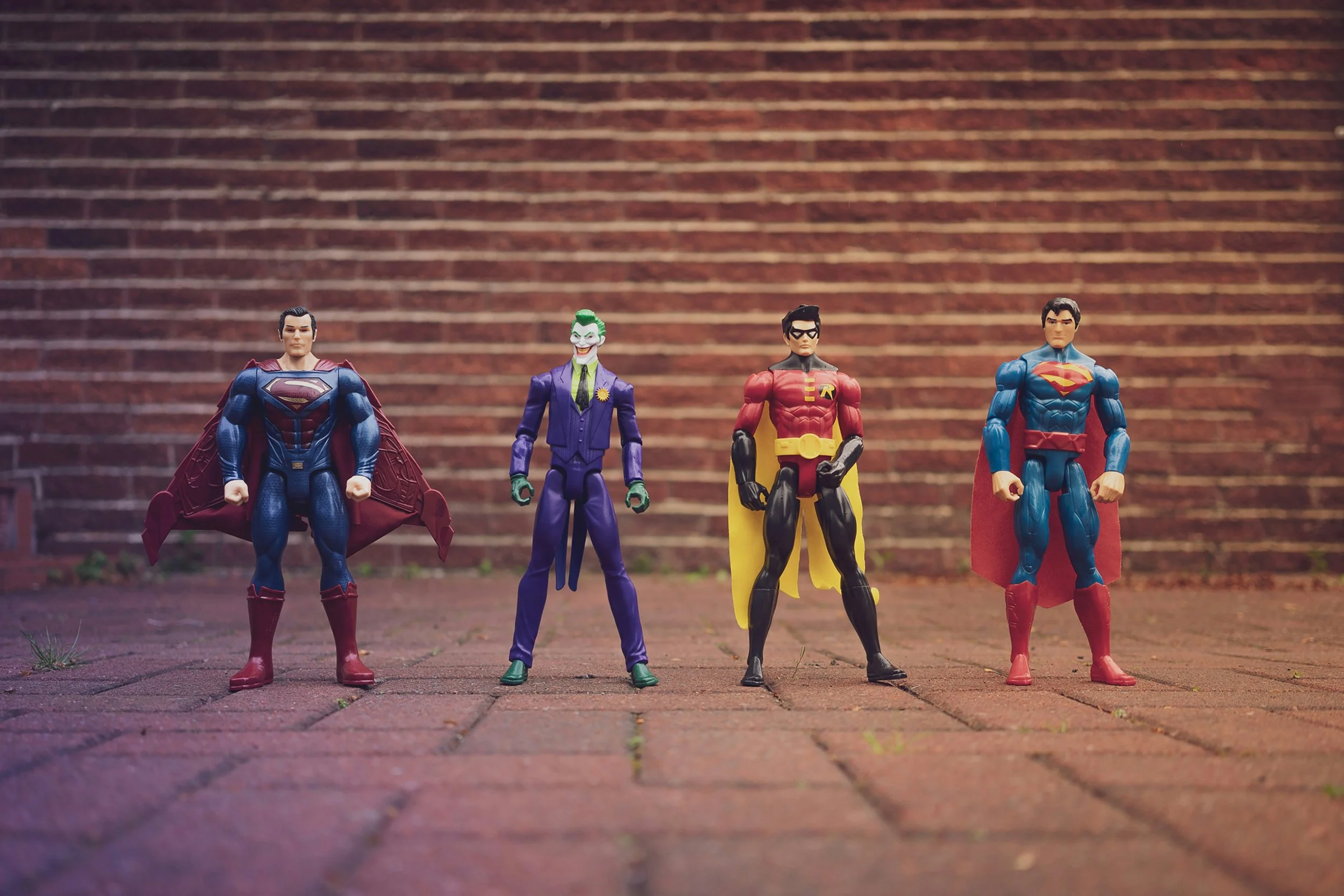October Reading Roundup
Rethinking masculinity, relationships, and emotional health.
Photo by Craig McLachlan
Hi friends,
This month’s roundup leans into a recurring theme I’ve been seeing everywhere: what it means to be a man in 2025, and how evolving gender roles are reshaping relationships, mental health, and our emotional vocabulary.
If you’re someone navigating relationships with men, these sources offer food for thought. And if you are a man, they might hit even closer to home.
Let’s dive in.
This Month’s Highlights:
The Strength in Vulnerability – Why opening up still feels risky for many men.
The Masculinity Survey – What nearly 2,000 men say about being a man today.
Dating a Psychopath? – The strange career upside (and personal cost).
Inside the Manosphere – What really draws men to these digital spaces?
Men Need More Hugs – A call for physical connection.
Return of the Tradwife – Why some young women are embracing 1950s gender roles.
Nice Girls + Difficult Men – When agreeableness becomes a relationship trap.
The Erotic/Disgust Gap – Why men and women react so differently to sexual content.
Alpha Content = Lonelier Boys – The real toll of online masculinity messages.
When Personality Defies Gender Roles – A mental health warning sign.
1. Why Vulnerability Still Feels So Risky for Men
Men are told to open up—but punished when they do. This powerful essay captures the emotional double bind many men live inside: society pushes stoicism, yet relationships thrive on vulnerability. The good news? That tide is shifting. Younger men are craving emotionally honest role models, and some friendship circles—especially “bro-pods”—are becoming safe spaces for real connection. Vulnerability isn’t weakness. It’s a muscle.
Read the full piece here →
2. What Men in 2025 Really Think About Masculinity
GQ surveyed nearly 2,000 men across the U.S., and the results are fascinating—and fractured. While many still identify with traditional masculine norms, support for gender inclusivity has slipped since 2019. Some men feel “freer” to be men again; others are deeply worried about porn, screen time, and political division. It’s a snapshot of a gender identity in flux.
Explore the GQ survey here →
3. Can a Coldhearted Partner Boost Your Career?
Strangely, yes. A new study found that dating someone with narcissistic or even psychopathic traits might make you bolder, more strategic, and less emotionally entangled at work. The tradeoff? High risk of emotional strain and burnout at home. It’s a compelling look at how our intimate relationships shape ambition—for better or worse.
Read more about the study here →
4. What’s Really Pulling Men Into the Manosphere?
It’s not just misogyny. This sharp piece explores the real forces drawing men into online masculinity influencers: emotional validation, collective rage, and the feeling of being “seen” in ways the outside world doesn’t offer. But that belonging can quickly morph into groupthink, toxic behavior, and a warped sense of identity.
Take a deeper look here →
5. Men Need More Hugs
Grief, stress, loneliness—so many men carry these silently. This moving essay argues that one of the simplest antidotes is physical affection. Hugging boosts oxytocin, lowers stress, and strengthens emotional bonds. But for many men, especially in the U.S., touch still feels taboo. That needs to change.
Read the full piece here →
6. Why Are Young Women Embracing 1950s Gender Roles?
A surprising new trend: more young women now support traditional gender roles than they did a decade ago. Some are drawn to the “tradwife” aesthetic as an antidote to modern stress. Others are reacting to masculinity culture online. This return to convention raises complex questions about choice, safety, and equality.
Explore the research here →
7. Why Kind, Conscientious Women Stay With Difficult Men
Women in relationships with narcissistic, antisocial, or borderline men are more likely to score high in agreeableness and conscientiousness, a new study finds. These are “good” traits—but they may also make it harder for women to leave unhealthy relationships. The research identifies four distinct personality profiles among these women.
Read the Psychology Today article here →
8. Men See Erotic in Disgust. Women See Disgust in Erotic.
Yes, really. A fascinating study revealed major gender differences in how people emotionally rated a wide range of images—from fear to erotica. Women showed a stronger “negativity bias,” rating erotic images as more disgusting. Men, meanwhile, found more humor and even eroticism in otherwise disturbing content. The implications for emotional and sexual health are big.
Explore the full study here →
9. What “Alpha Male” Content Is Really Doing to Boys
A new survey of teen boys reveals the psychological toll of constant exposure to online masculinity content: more loneliness, lower self-esteem, and greater emotional suppression. Boys who internalize these messages—be tough, be ripped, be rich—are far more likely to struggle with mental health. A sobering reminder that representation matters.
Read the EdWeek report here →
10. When Gender Roles and Personality Clash
A large U.S. study found that men who identify with more traditionally feminine traits—especially if they are also introverted or neurotic—are significantly more likely to report depression, anxiety, and suicidal ideation. The takeaway: psychological risk increases when our personality and gender roles are at odds.
Read the full study here →
Final Thoughts
This month’s pieces offered a textured look at masculinity: not as a fixed identity, but as a dynamic conversation. It’s clear that norms are shifting, sometimes in empowering ways, sometimes in concerning ones. But underneath it all is a shared human need for connection, care, and recognition.
John


